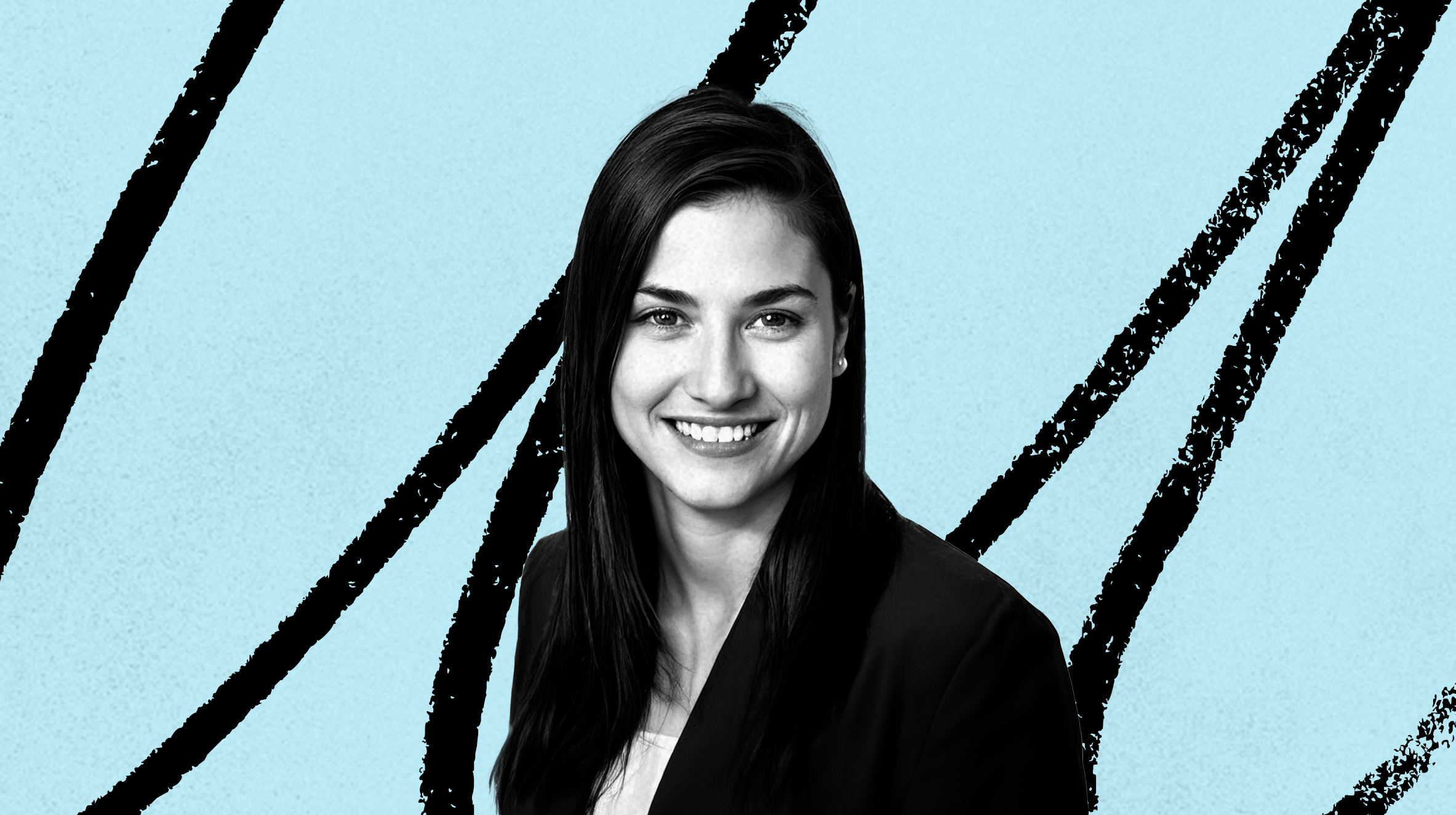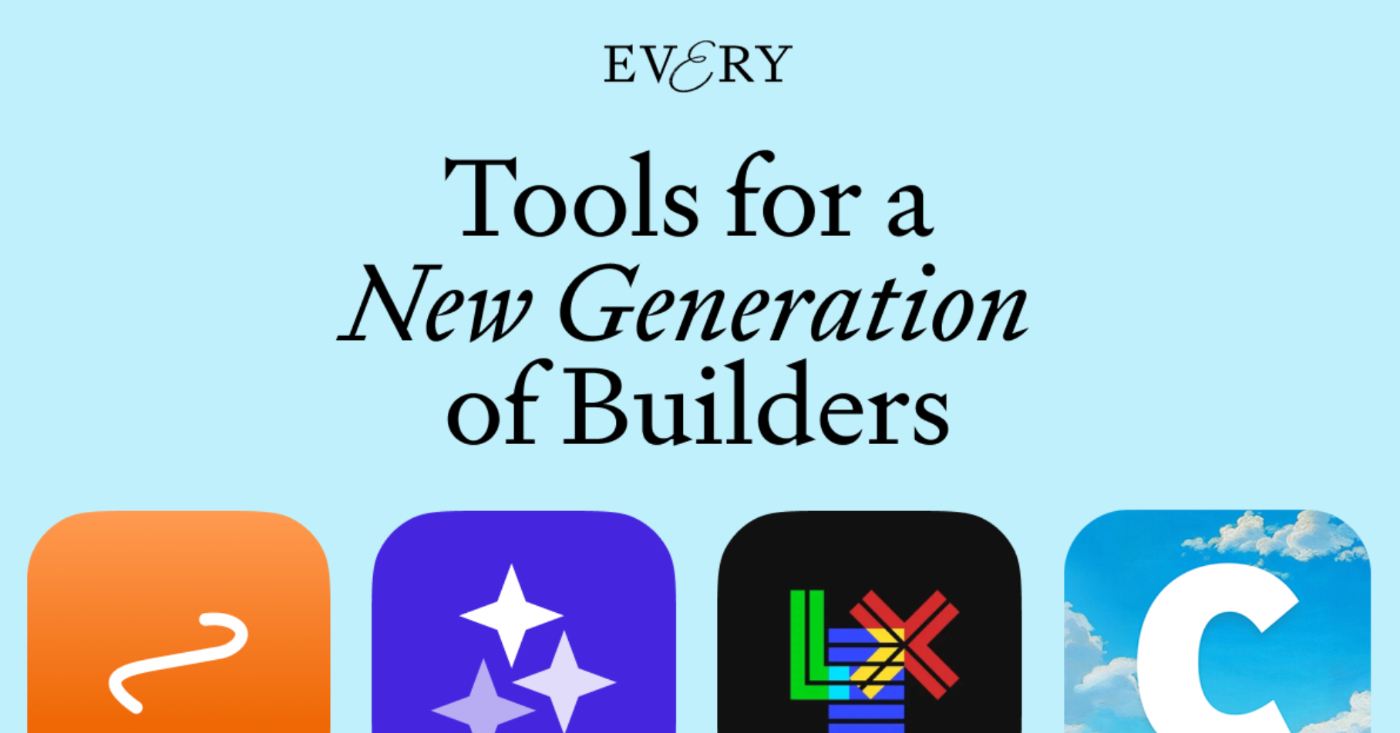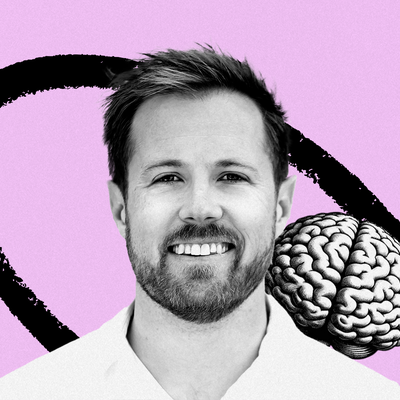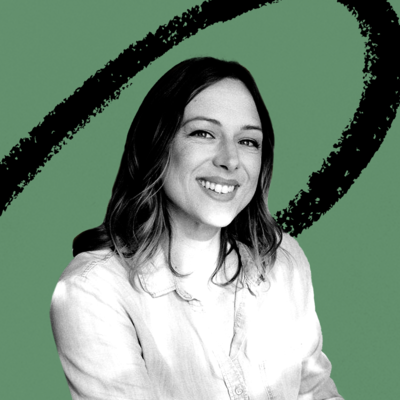
Why This Entrepreneurial Journalist Doesn’t Fear AI
Polina Pompliano on organization and the future of great writing
I'm fascinated with how the smartest people in the world get their work done. We're inundated with platitudes about productivity, but rarely do we get to see the nitty-gritty details of a person's daily routine. That's what Superorganizers is about: diving into the details, to see all of the little habits that make up a great work day and a great life. Artificial intelligence has changed what it means to be productive and efficient at work, so we decided to revisit some of our most poignant interviews to understand how their routines might have changed in the era of large language models. Yesterday, we spoke to designer Marie Poulin about Notion, AI, and ADHD. Today, we’re back with entrepreneurial journalist Polina Pompliano, author of the interview newsletter The Profile.—Dan Shipper
Was this newsletter forwarded to you? Sign up to get it in your inbox.
In 2020, Dan spoke to Polina Pompliano about how she stays sufficiently organized in order to write her newsletter, The Profile, for which she interviews the most interesting people in the world. And organization is key because she reads 1.8 million words every year just to inform her writing.
When we first spoke to Polina, she had recently left a job at Fortune to pursue The Profile full-time, betting that her obsession with understanding people would be captivating and resonant enough for her readers. She relied on a link-filled “master doc” system on Google Docs with categories like “People to Know” and “Companies to Watch” that kept everything related to her work neat and tidy.
In the years since, Pompliano got married and had two kids—all while seeing through her goal of turning The Profile into a full-time enterprise with tens of thousands of subscribers.
We caught up with Polina to explore how her life and work has changed, what she thinks about AI’s role in writing, and why she believes imperfection might be journalism’s greatest asset.
How has your “master doc” system evolved since we spoke?
I still have a master document, but I use Notion instead of Google Docs. I create a new page for the upcoming Sunday newsletter and work on it during the week.
What’s changed about your life since we talked and how has that impacted your work?
The biggest difference between today and 2020 is that I now have two kids, which means I have a lot less time. In 2020, I talked about how I had time to drink my coffee, exercise, go on a walk, and then work until 11:30 p.m. on some nights.
Sponsored by: Every
Tools for a new generation of builders
When you write a lot about AI like we do, it’s hard not to see opportunities. We build tools for our team to become faster and better. When they work well, we bring them to our readers, too. We have a hunch: If you like reading Every, you’ll like what we’ve made.
Today, I still try to do those things, but they happen at vastly different times. I wake up around 7 a.m, I am rarely able to finish my coffee while it's still hot, and then I try to get a workout in while the kids are sleeping. On most days, my husband and I go on a walk around 5 p.m, with a massive double stroller. But I love it because the time I spend with them is the most valuable time of my day.
And as counterintuitive as it may sound, I've been more productive since having kids because when I have 20 minutes to work, I genuinely only have 20 minutes to work. It's mind-blowing to think how much time I wasted before having kids simply because I could.
Has artificial intelligence changed how you've personally kept organized? If not, is there anything you think people misunderstand about AI and work?
Not yet, but I'm sure it's coming. I largely use AI if I want to rewrite something or I want it to edit my work.
Have any of your interviews changed the way you think about AI or what's on the horizon with emerging technology?
I think it's really exciting technology, and I'm not afraid of the future. There are so many applications across industries, and I think it will definitely reshape our digital life first and then our day-to-day life soon. I don't think it'll ever replace original work. In fact, my bet is that there will be an immense premium placed upon human-made, original work, much more than there is today.
As a journalist, how do you feel about the rise of AI as a tool for writing? Is it something that you've embraced, repelled, or kept at an arm's length?
I love it as a tool. As a solo writer and founder, it's nice to have an AI editor that can help me with sentence structure and readability. But here’s the thing: Every time someone publishes a story titled, “ChatGPT wrote this article,” I’m not very impressed. It has perfect grammar, perfect sentence structure, and perfect flow—and that’s the problem.
I’ve been trying to find the right words to explain why I don’t think it’ll ever replace the (good) writers, and I found the answer in Rick Rubin's book, The Creative Act. Here’s a short excerpt:
“Flaws are human, and the attraction of art is the humanity held in it. If we were machine-like, the art wouldn’t resonate. It would be soulless. With life comes pain, insecurity, and fear. We’re all different and we’re all imperfect, and the imperfections are what makes each of us and our work interesting.”
Whether we realize it or not, we relate to each other’s imperfections. We like imperfect people, imperfect art, and imperfect writing.
Do I think ChatGPT could be used to supplement your writing? Sure. Will it displace all writers? Absolutely not. The beauty in any sort of creative endeavor is found in its messiness, in its flaws, and most of all, in its humanity.
Scott Nover is a contributing editor for Every. He’s a contributing writer at Slate and the lead writer for the GZERO AI newsletter. He was previously a staff writer at Quartz and Adweek. He currently lives in the Washington, D.C. area.
To read more essays like this, subscribe to Every, and follow us on X at @every and on LinkedIn.
We also build AI tools for readers like you. Automate repeat writing with Spiral. Organize files automatically with Sparkle. Write something great with Lex.
Get paid for sharing Every with your friends. Join our referral program.
Find Out What
Comes Next in Tech.
Start your free trial.
New ideas to help you build the future—in your inbox, every day. Trusted by over 75,000 readers.
SubscribeAlready have an account? Sign in
What's included?
-
Unlimited access to our daily essays by Dan Shipper, Evan Armstrong, and a roster of the best tech writers on the internet
-
Full access to an archive of hundreds of in-depth articles
-
-
Priority access and subscriber-only discounts to courses, events, and more
-
Ad-free experience
-
Access to our Discord community



Comments
Don't have an account? Sign up!
What's this? A teaser? Is this meant to be a teaser?